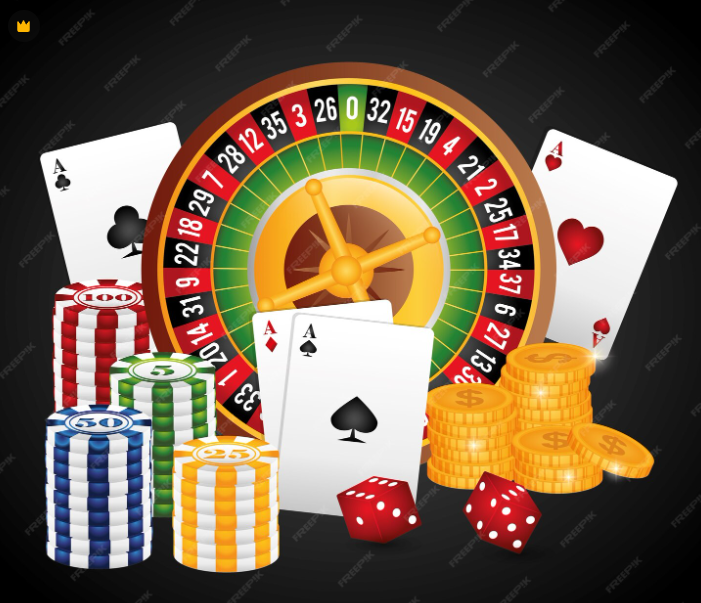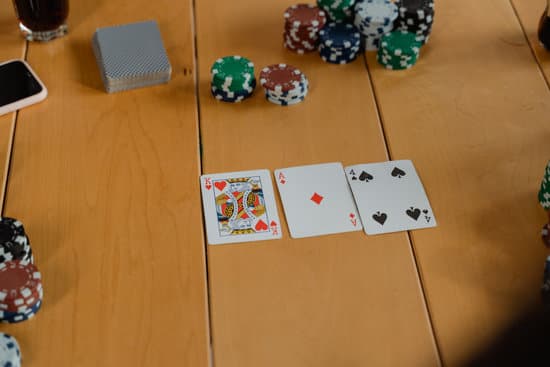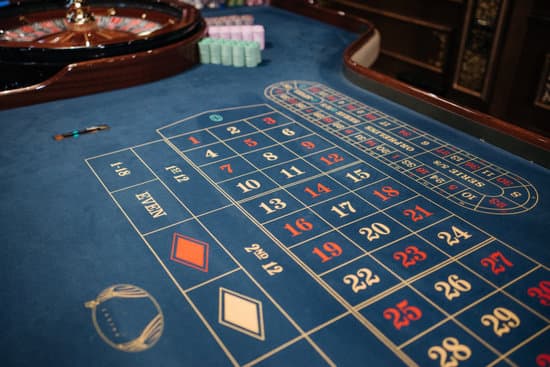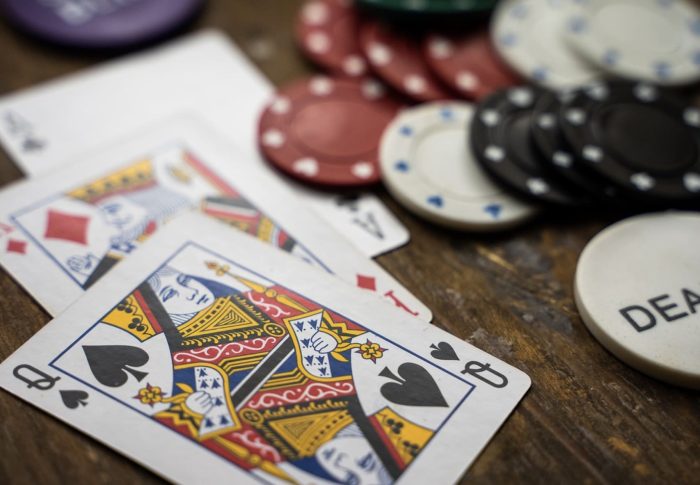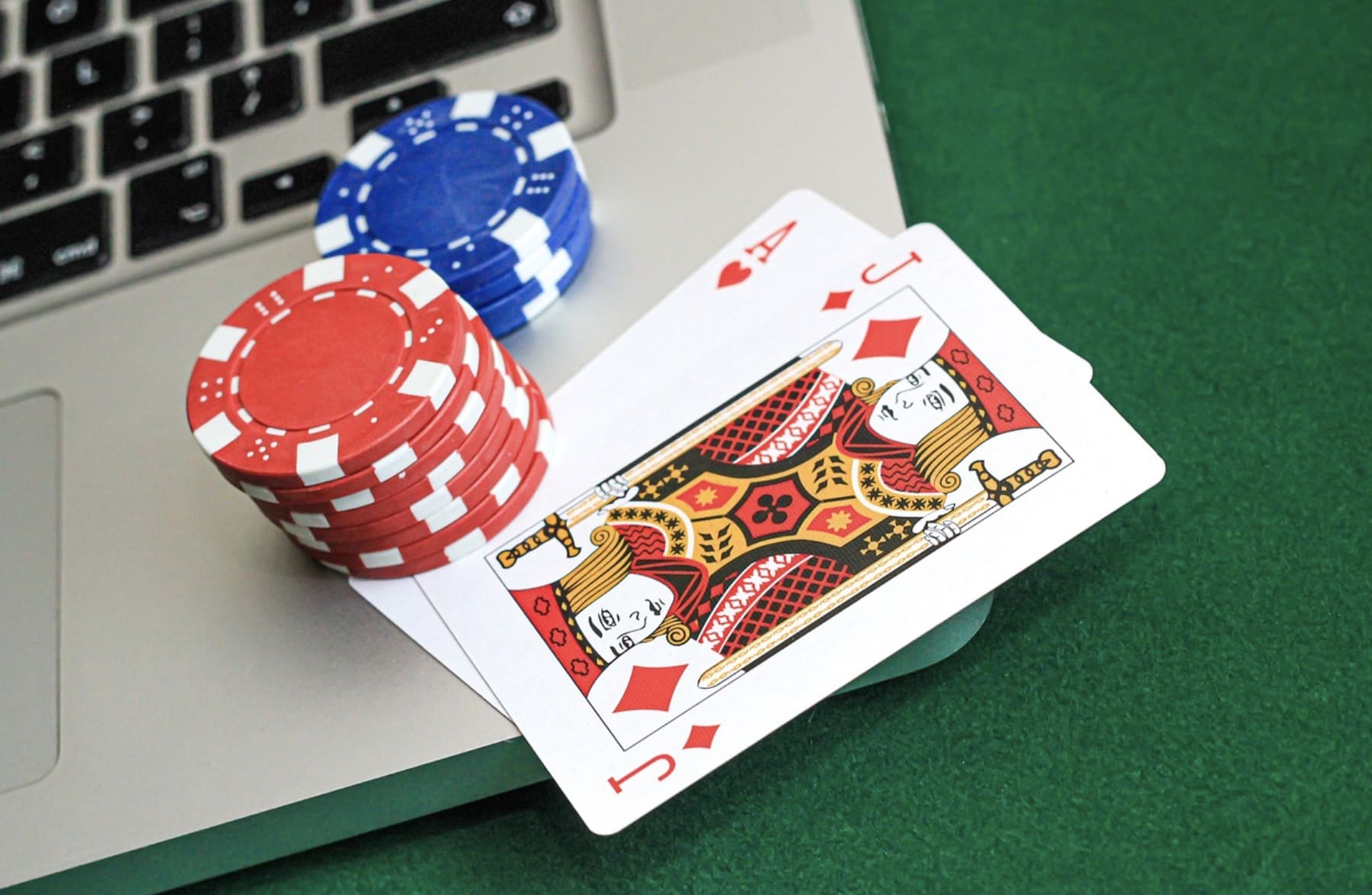
eCOGRA, RNG & Provably Fair: AU Explainer
I’m a Sydney-based punter who’s been cashing in and out with BTC for years, and I’ve learned one lesson the hard way: trust isn’t a vibe, it’s a checklist. When you’re spinning pokies or dealing blackjack online, two things protect you—independent testing and transparent math.
In Australia, most players hear “licensed” and think job done. Not quite. Licensing sets the rules; testing proves the rules are followed. That’s where eCOGRA, RNG audits, and Provably Fair tools come in.
Below, I’ll unpack each term in plain English, then show you how to combine them to pick safer bitcoin pokies, faster. No fluff, just actionable tips that fit how Aussies actually play.
eCOGRA: the independent referee you can actually name
What is eCOGRA? It’s an internationally recognised testing lab and ADR (Alternative Dispute Resolution) body that audits online casinos and game studios. Think of eCOGRA as the ref who checks the pitch before kickoff and settles arguments when they happen.
What does eCOGRA check? They look at game fairness (are outcomes truly random), payout accuracy (do maths and ledgers match), and operational controls (KYC, AML, data security). When a brand passes, it may display “eCOGRA Safe and Fair” seals for players to verify.
Why should Aussies care? Because crypto moves fast and some sites appear overnight. Seeing a reputable lab’s mark means the platform opened its doors to outside scrutiny. If a casino won’t submit to an audit, ask yourself why—then keep your BTC in your own wallet.
RNG: the engine that produces randomness
Definition time. RNG stands for Random Number Generator. It’s a software component that creates unpredictable numbers used to decide game outcomes—what symbols land, which card is dealt, when the bonus triggers.
How is it tested? Labs hammer the RNG with statistical tests (think millions of spins) to confirm there’s no pattern and no bias. They also validate the RTP (Return to Player—long-term expected payout percentage) and the volatility profile (how spiky the wins feel).
What should you look for? Published RTPs, clear volatility labels, and a mention of which lab tested the RNG (eCOGRA or another respected house). If the RNG is a black box with no paperwork, that’s a red flag. Real casinos brag about audits because they’ve earned them.
Provably Fair: cryptography you can verify yourself
What is “Provably Fair”? It’s a verification system used by many crypto casinos where each bet can be checked using cryptographic hashes. In short: the site commits to a hidden “server seed,” you add your “client seed,” and a nonce (a simple counter) generates the outcome.
How do you check it? After the bet, the casino reveals the server seed (or its hash). You plug the seeds and nonce into a verifier (often provided on-site), and you’ll get the exact same result the game produced. If it doesn’t match, the house can’t hand-wave it away.
Why it’s powerful for BTC users. Provably Fair gives you independence. You’re not just trusting a logo; you’re verifying outcomes on demand. For fast games—Crash, Dice, Plinko, Mines—it’s the gold standard because results are simple and easily reproducible.
eCOGRA vs RNG vs Provably Fair: how the pieces fit together
They’re not rivals. eCOGRA (or similar labs) audit systems and operations. RNG is the engine that creates randomness. Provably Fair lets you verify individual outcomes. The best BTC casinos combine all three: audited operations, certified RNG titles, and Provably Fair originals.
Game type matters. Many studio pokies and live tables rely on RNGs certified by labs. Native crypto titles—Dice, Crash—lean on Provably Fair. A healthy lobby will show lab-tested pokies alongside on-chain-style games you can audit yourself.
Disputes and peace of mind. If something feels off, you can: verify specific Provably Fair rounds, check the casino’s audit statements, and escalate to an ADR service (eCOGRA provides this) if needed. That ladder of accountability is what separates pros from victims.
A fast Aussie checklist before you deposit BTC
1) Look for recognisable seals. eCOGRA or equivalent lab logos should be visible and clickable to a certificate page. If the badge is only a static image with no link, assume it’s marketing until proven otherwise.
2) Inspect game info panels. RTP shown? Volatility explained? Testing lab named? These small details signal a mature compliance culture—a green light in my book.
3) Test the Provably Fair tool. Run a few demo bets, copy the seed/nonce, and use the verifier. If the site hides the seed or the checker is broken, that’s a walk-away moment.
Playing smarter under Google’s newer rules
Helpful content wins. Google’s recent updates reward pages that explain how to evaluate trust, not just list bonuses. When a casino or review site shows audit links, seed explainers, and real verification steps, that aligns with “helpful” signals.
Skip low-effort pages. Thin lists with no testing info are out of date. As a player, following quality signals also protects your bankroll: if a site invests in transparency, it usually invests in payments and support too.
Use this to your edge. I treat transparency like odds. Casinos that publish audits and provide working Provably Fair tools get my BTC—and usually pay out cleaner because their back-office is disciplined.
Final word from a fellow Aussie punter
Trust is a system, not a slogan. Combine eCOGRA-style oversight, certified RNG titles, and Provably Fair verification, and you’ve got a setup where your wins are your wins.
Keep your BTC safe. Start small, test withdrawals, verify a few rounds, and only then scale your stakes. It’s the same routine I use on a Friday night session before the footy.
Ready to play smarter? Pick platforms that prove fairness, not just promise it. Load your Bitcoin, run the checks above, and give yourself a genuine edge while you enjoy the games—responsibly and on your terms.
